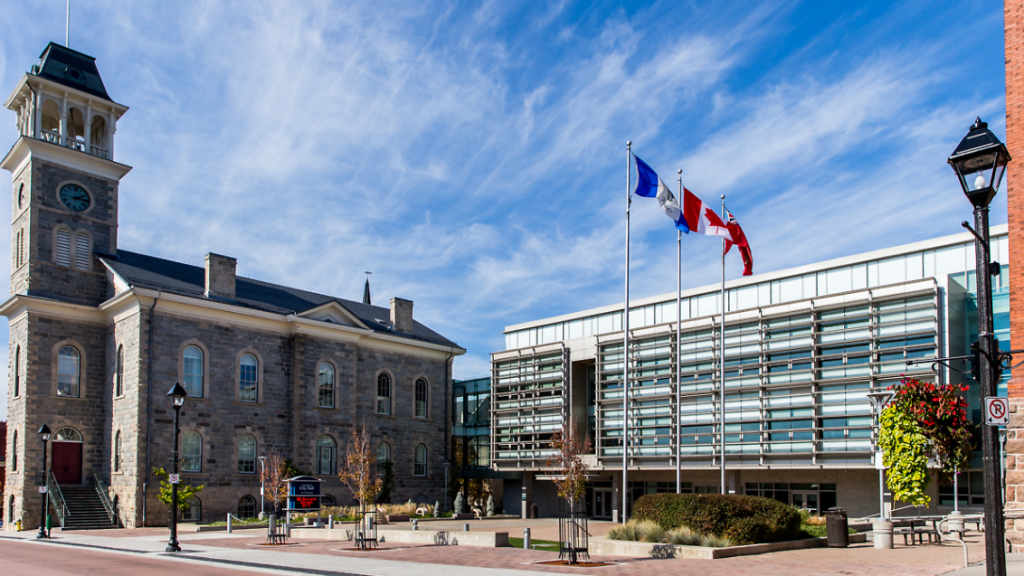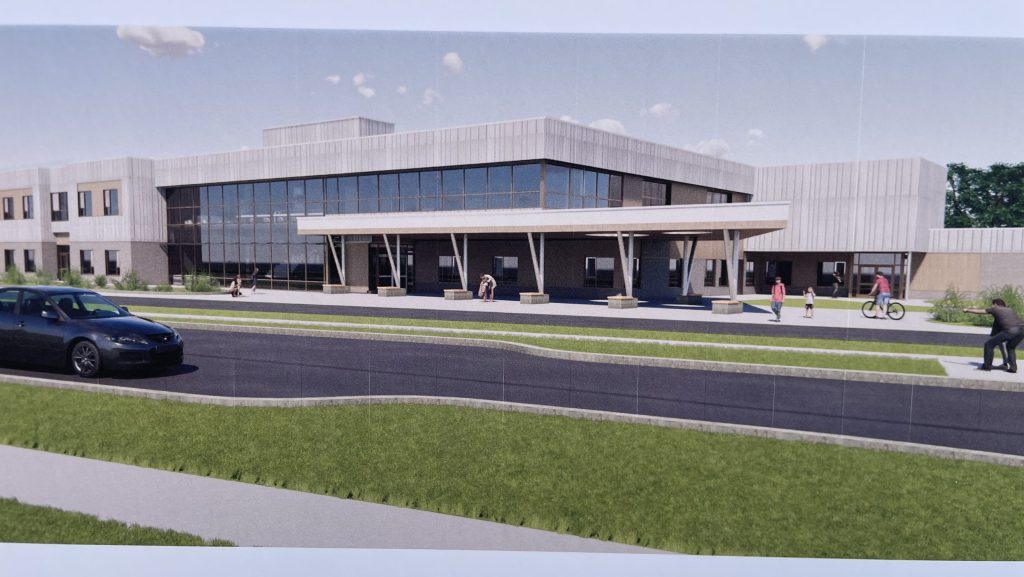Region approves separated bike lanes for university district
Posted Aug 23, 2019 08:30:00 PM.
This article is more than 5 years old.
The Region of Waterloo is moving ahead with an 18 month pilot project that will see separated bike lanes installed in the university district of Waterloo.
University Avenue, Columbia Street, King Street, Albert Street and Erb Street with be part of the 5 km link, which will also connect to Waterloo Park and the Laurel Trail.
A senior project manager with the region says they will test different applications along the route.
For example, bollards – which is a short post used to divert traffic – will be installed on Columbia Street and on the King Street portion of the project they will be putting rubber curbs in.
“The aim of the project is to test different separated cycling lane treatments and see what the impact is on cycling numbers and cyclist comfort, as well as the impact to region and city maintenance costs.” Ian Young told 570 NEWS.
Construction could begin as early as next week and should be done in just over three weeks.
“The installation will start with the removal of existing paint markings and the installation of new paint markings and that will happen overnight … The following weeks we'll install the bollards, curbs and all of the other separation treatments during the day,” said Young.
He said they will be gathering feedback in a number of ways including through the EngageWR website, as well as interviewing cyclists while they're using the route.
“We're also going to learn a lot from the maintenance process, so we're hiring a contractor to maintain these lanes over the winter … hoping to learn both the best methods to maintain these lanes and figure out exactly what the cost would be.” added Young.
Earlier this week, 570 NEWS also spoke with an official with CycleWR about the project.
“Separated, protected bike lanes are good for everyone who uses the road,” said Emily Slofstra. “I'm someone who bikes, but I also drive and I walk. I know people who use scooters and mobility devices. These are beneficial for them as well.”
All in all, she says the barriers will bring more into a driver's sightline, so they're more aware of the separation between bike lane and regular roadway.
The pilot project will cost close to $850,000.
with files from Mark Pare








